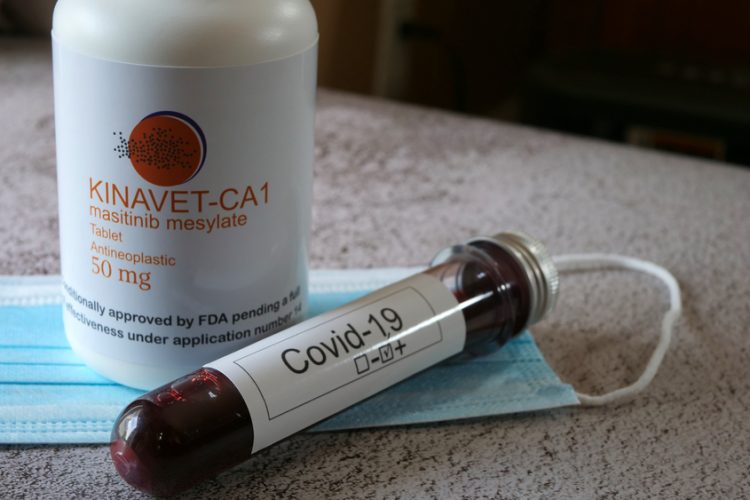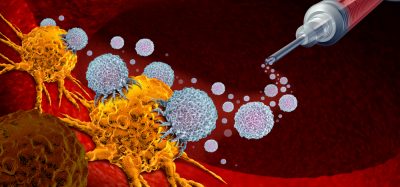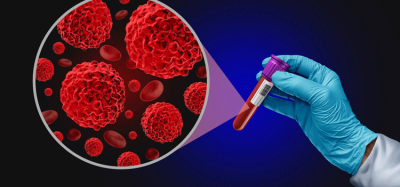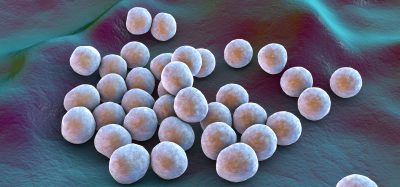Masitinib found to be an effective COVID-19 treatment in mouse model
Posted: 3 August 2021 | Anna Begley (Drug Target Review) | No comments yet
Scientists from the University of Chicago discovered that the drug masitinib inhibits the replication of SARS-CoV-2 in mice.


A team of researchers at the University of Chicago and the Argonne National Laboratory, both US, have found that the drug masitinib may be effective for treating COVID-19. Masitinib, which has undergone several clinical trials for human conditions but has not yet received approval to treat humans, inhibited the replication of SARS-CoV-2 in human cell cultures and in a mouse model, leading to lower viral loads.
The team also found that the drug could be effective against many types of coronaviruses and picoronaviruses. Due to the way it inhibits replication, it has also been shown to remain effective against COVID-19 variants.
The team, led by Savas Tay, began by screening a library of 1,900 clinically safe drugs against OC43, a coronavirus that causes the common cold. They then used cell cultures to determine the drugs’ effect on infection. They tested the top 30 drugs in cell cultures, 20 of which were shown to inhibit SARS-CoV-2. They also sent the drug candidates to other collaborators to test against the 3CL protease, the enzyme within coronaviruses that allows them to replicate inside a cell. They found that of the drug candidates, masitinib completely inhibited the 3CL viral enzyme inside the cell. This was confirmed by X-ray crystallography which showed that masitinib specifically binds to the 3CL protease active site and inhibits further viral replication.
Subsequently, the researchers, along with peers at the University of Louisville, US, tested masitinib in a mouse model. They found that it reduced the SARS-CoV-2 viral load by more than 99 percent and reduced inflammatory cytokine levels in mice. They also tested it in cell cultures against three SARS-CoV-2 variants – Alpha, Beta and Gamma – and found that it worked equally well against them, since it binds to the protease and not to the surface of the virus.
The team is now working with the pharmaceutical company that developed masitinib to tweak the drug to make it a more effective antiviral. Masitinib could be taken to human clinical trials in the future to test it as a COVID-19 treatment.
“Masitinib has the potential to be an effective antiviral now, especially when someone is first infected and the antiviral properties of the drug will have the biggest effect,” said Nir Drayman at the University of Chicago. “This is not the first novel coronavirus outbreak and it is not going to be the last. In addition to vaccines, we need to have new treatments available to help those who have been infected.”
The findings were published in Science.
Related topics
Clinical Trials, Crystallography, Drug Development, Drug Repurposing, High-Throughput Screening (HTS), In Vivo, Pharmacology, Screening, Targets, Vaccine, X-ray Crystallography
Related conditions
Covid-19
Related organisations
Argonne National Laboratory, University of Chicago, University of Louisville School of Medicine
Related people
Nir Drayman, Savas Tay








